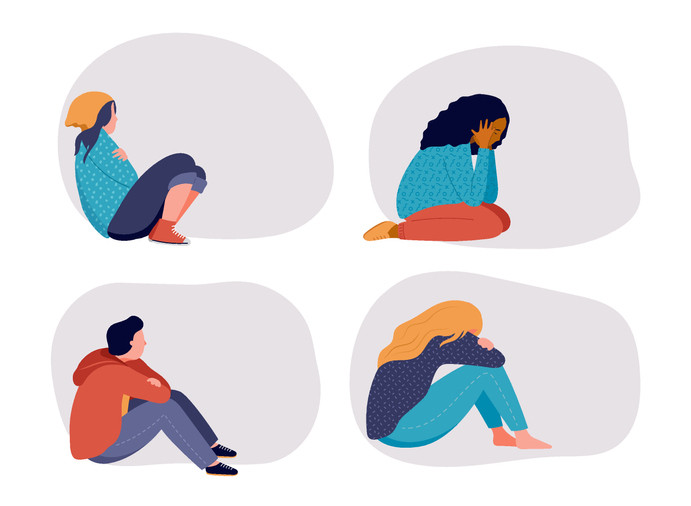Serena Ahmad (9) | STAFF REPORTER
There are various support systems implemented to aid teens with their mental health. However, the number of mental health issues among teens continues to grow at an alarmingly high rate. As the problem becomes louder, society becomes quieter by putting in weak efforts to support the crisis.
Adolescents frequently worry about being misjudged for properly expressing themselves. They are encouraged to reach out, yet when they do they’re faced with dismissal. Adults particularly become ignorant to issues that teens face, believing their own problems are ‘bigger.’ By doing this, society creates a false sense of security which steers teens away from finding an outlet to communicate.
The stigma surrounding mental health also persists, which adds to the crisis. Society has negative beliefs, attitudes, and remarks about people who have a mental health condition. Presumptions such as “depressed people are lazy” or “bipolar people are attention-seekers” make it especially discouraging to reach out when others reinforce stereotypes. Additionally, certain trends cause people to deem these illnesses as a joke, such as using the terms bipolar and schizophrenic to describe something that is fluctuating or crazy. It’s used in the wrong context and is offensive to those struggling with it.
Society tosses around the statement “reach out,” believing that it will help resolve the mental health crisis. However, when they witness the raw reality of the issue, they either become ignorant to it or treat it as a joke. Society must step up its support rather than saying a few small words about mental health.



